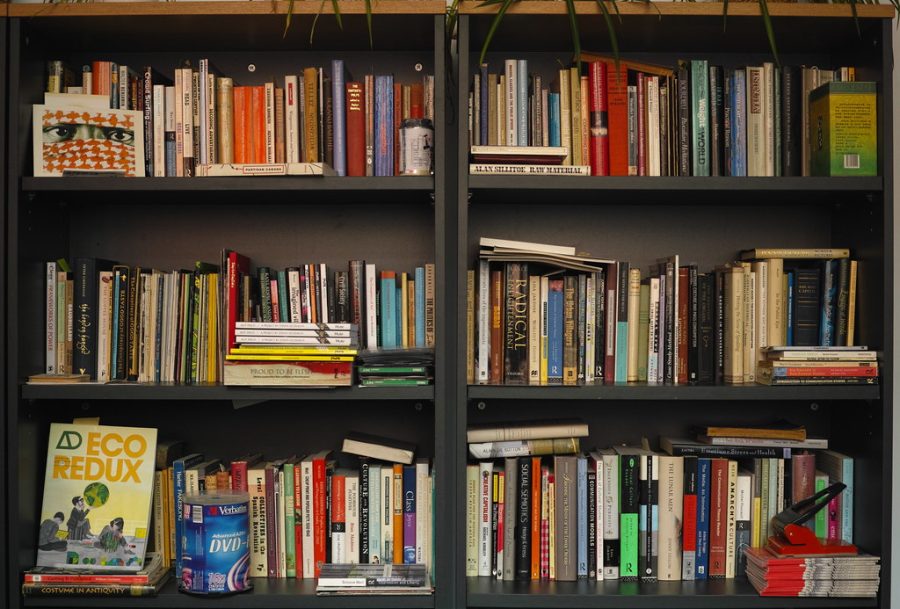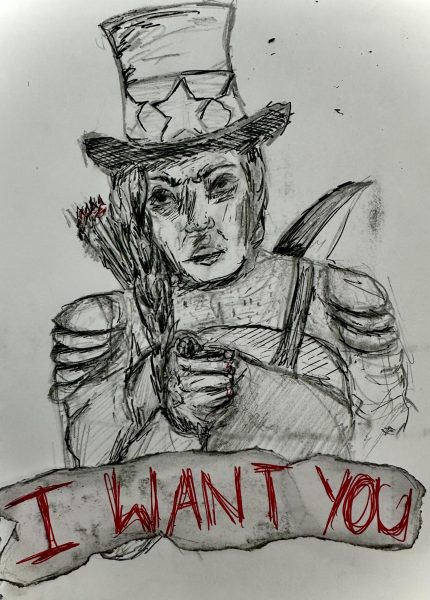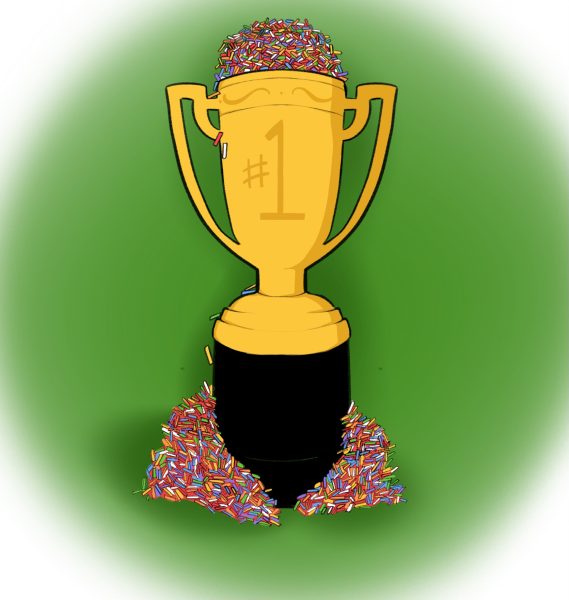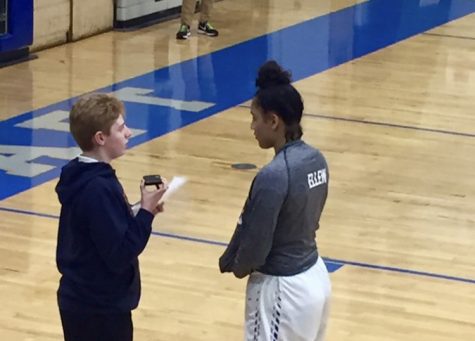A Love Letter to Reading
Reading — there are many mixed emotions surrounding this activity, and for students, these emotions generally center around dread. It wasn’t always this way: according to the Seattle Times, 60% of children love to read. Yet, as people age and life’s demands increase, reading takes a backseat. Teenagers read on average six minutes a day on average, according to the Washington Post.
When people stop reading for pleasure, the process is gradual — because as myself and many others notice, life often feels as if it is in perpetual motion and will sweep you away before you know it.
Nicole Collins, Div. 375, is one person who found herself no longer reading as she grew up, despite loving it as a kid, when she finished 2-3 chapter books a week.
“I have tried to get through so many books and it is just so hard as a highschool student. I come home and I tell myself I am going to read tonight, but then I don’t. I’m just so exhausted from the day,” Collins said.
She is not alone in this. I hear it consistently from my mom, saying she is actually going to sit down and read, though I have rarely seen it happen in my 17 years. I, like my mom, struggle with this. I love to read, and I know that I always feel so much better afterwards, but most of the time I feel too mentally exhausted to begin. During Winter break every year I receive new books and spend the entire two weeks curled up in a chair devouring the books within days. But then as soon as school starts I fall back into my reading slump yet again.
To put the causes behind this struggle faced by my mom, Collins, and myself, simply, life is a lot.
Yet in addition to life being a whirlwind, the general mindset people have about reading is that it is a job to be done for the improvement of their mind. So of course reading becomes a chore, and no one looks forward to those.
And so, essentially, the hardest part about reading is starting.
“To get back into reading, I reread a lot of stuff that I knew I had fallen in love with as a kid,” said Amanda Bessette, an English teacher at Lane.
Bessette was another unfortunate highschool and college student who, swamped under mountains of work, could not find the time to read for fun despite being an English major.
She found it easy to get back into reading by starting with something fun, and so she chose a classic: “Harry Potter.”
“It’s okay that it’s for kids because it helps you get back into it,” she said.
The most important thing is finding a book you love, a story whose plot excites you, characters you empathize with and a world you become immersed in and never want to leave. Bessette, after rereading “Harry Potter,” went online and looked up ‘books to read for adults who loved “Harry Potter.”’ And from there she became a pleasure reader again.
The thing about reading is that, besides the obvious intellectual benefits, it is a peaceful form of entertainment.
“It’s almost like a form of meditation,” said Bessette.
Because in order to read, you have to submerge yourself in the story and become one with the words.
This year, going back in-person has caused me, and many others that I have talked to, enormous amounts of stress, more so than years past. If I were to follow the same pattern I have before, that would mean I read less with more stress, however recently I told myself to just do it. And I did, I told myself just open the book, read one page, then one more and before I knew it I was reading for hours on end. I submerged myself in the stories and emerged refreshed and warmed by the break away from real life.
“It gives you experiences without actually having to experience it, it teaches you lessons that you don’t have to learn through doing,” said Collins.
Reading should be fun, exciting and relaxing for all who engage in it, not a daunting requirement by school or personal expectations for how to better expand your mind. Of course it can be, if you enjoy extensive and beautifully written works of literary art. However, it is also fun to indulge in those beach reads that make you giggle or blush and the suspenseful mysteries where you try to solve the crime alongside the protagonist.
Reading is something you do for you, and it should be whatever you want it to be, whether that be stimulating, comforting or exciting.
And once you begin, reading can become something you did not know you needed.
“I find it relaxing, and an escape from reality and stress and real life,” said Bessette.
Reading may not be for everyone, but try finding a story you know you will love because it could turn into a new hobby that will make you happier. And if it still sounds unappealing, just think that when strangers see you reading in a coffee shop or on a train they will be like “wow, they look really cool.” If anything, try it for that.
Your donations directly fund the Lane Tech student journalism program—covering essential costs like website hosting and technology not supported by our school or district. Your generosity empowers our student reporters to investigate, write, and publish impactful stories that matter to our school community.
This website is more than a publishing platform—it's an archive, a research tool, and a source of truth. Every dollar helps us preserve and grow this resource so future students can learn from and build on the work being done today.
Thank you for supporting the next generation of journalists at Lane Tech College Prep!

Saskia is a senior, this is her third year with the Champion. She loves writing and editing, and is planning to pursue a career in English. She spends...





